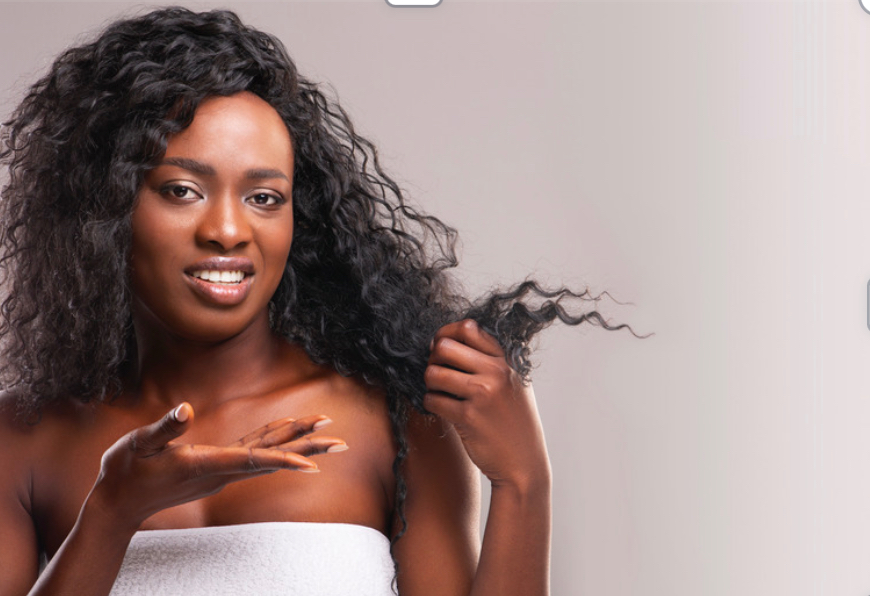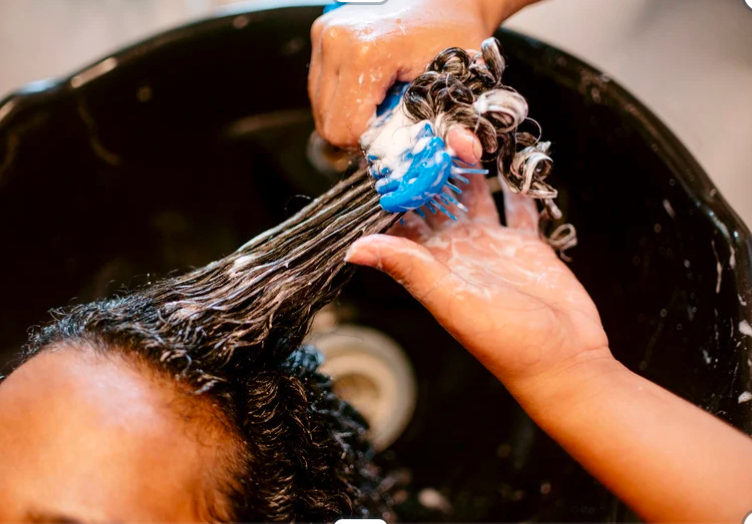Embracing Menopause: Nurturing Your Hair Through Change
As women journey through different stages of life, menopause emerges as a pivotal phase, heralding significant physiological transformations, including marked changes in hair health. While the concept of menopause often brings to mind symptoms like temperature surges and emotional shifts, its influence on hair vitality remains less discussed. Our comprehensive exploration aims to shed light on the effects of menopause on hair, presenting actionable solutions to foster resilient, thriving locks amidst this natural transition.
Decoding Menopause-Induced Hair Alterations:
Menopause signifies a halt in egg production from the ovaries, accompanied by a drop in vital hormones, estrogen, and progesterone. This hormonal shift disrupts the hair growth cycle, manifesting in various ways:
- Thinning Mane: A prominent consequence of menopause is the attenuation of hair, attributable to diminished estrogen levels, which can cause follicles to constrict, thinning out hair volume and diameter.
- Hair Fragility: The scarcity of estrogen leads to hair becoming more susceptible to dryness and fragility, increasing the risk of breakage and split ends.
- Textural Variations: Hormonal imbalances may also instigate changes in hair texture, augmenting frizz or rendering the hair coarser.
- Scalp Sensitivity Increase: The hormonal upheaval affects the scalp, potentially heightening sensitivity, itchiness, or irritation, thereby aggravating conditions like dandruff or dermatitis.
Strategic Maneuvers for Menopausal Hair Care:
Though changes to hair health during menopause can be unsettling, adopting certain practices can significantly improve hair vitality:
- Nutritious Dieting: A balanced diet replete with vital nutrients, including vitamins A, C, E, B-complex, proteins, iron, and omega-3 fatty acids, is essential for fostering hair growth and scalp health.
- Kind Hair Product Selection: Choosing sulfate-free, hydrating shampoos and conditioners, aligned with avoiding harsh chemicals and extreme heat styling, can mitigate menopause-induced hair challenges.
- Optimal Hydration: Regular water intake is crucial for internal hydration, pivotal for maintaining hair flexibility and combatting dryness and breakage.
- Exploring HRT: Hormone replacement therapy might offer relief from menopausal symptoms, encompassing hair deterioration. Consultation with healthcare professionals can elucidate HRT's suitability.
- Stress Mitigation: Menopause's stressors may intensify hair and scalp issues. Engaging in stress-reduction practices like yoga or meditation can beneficially impact hair health.
- Professional Consultation: Facing significant hair loss or scalp concerns? Seeking personalized advice from dermatologists or trichologists is advisable for bespoke treatment options.
Navigating through menopause entails coping with various bodily changes, including those affecting hair health. Understanding these transformations allows for proactive measures, ensuring the preservation of vivacious, healthy hair. By implementing tailored care strategies, enduring this life stage with confidence and grace becomes achievable.
‹ Back







